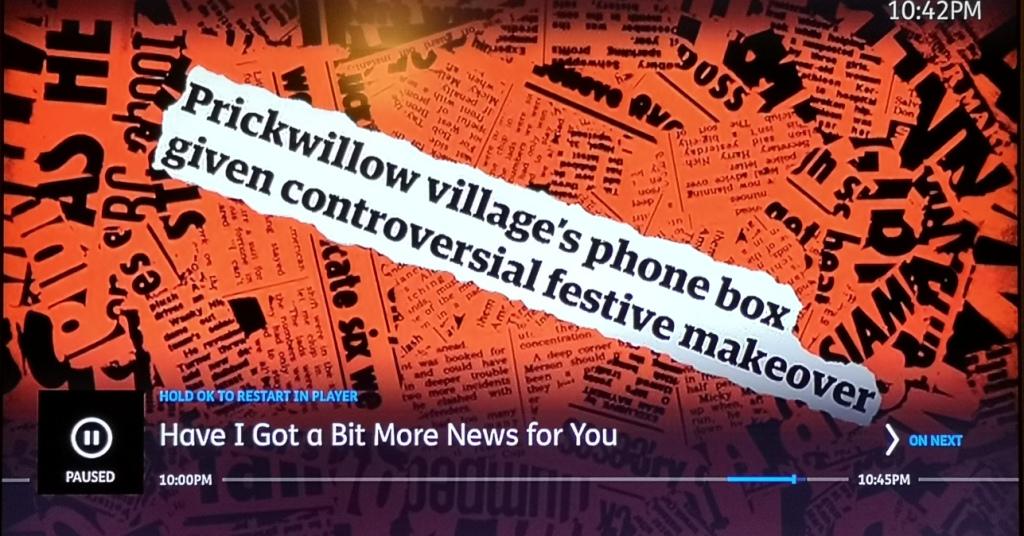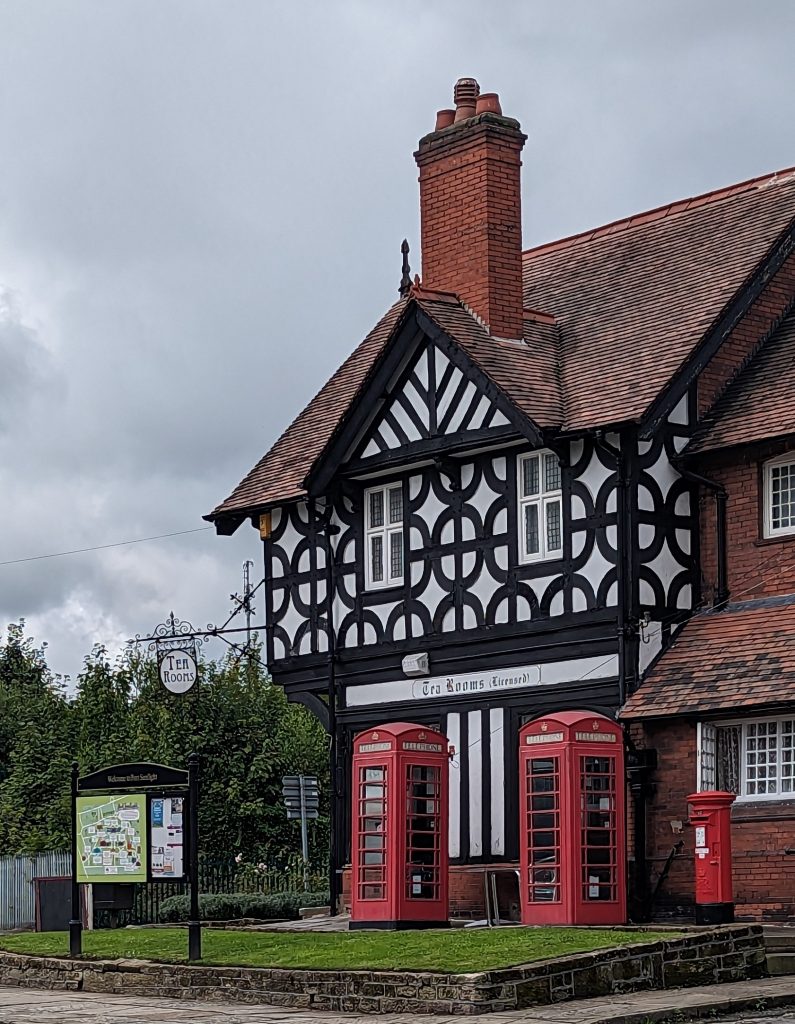
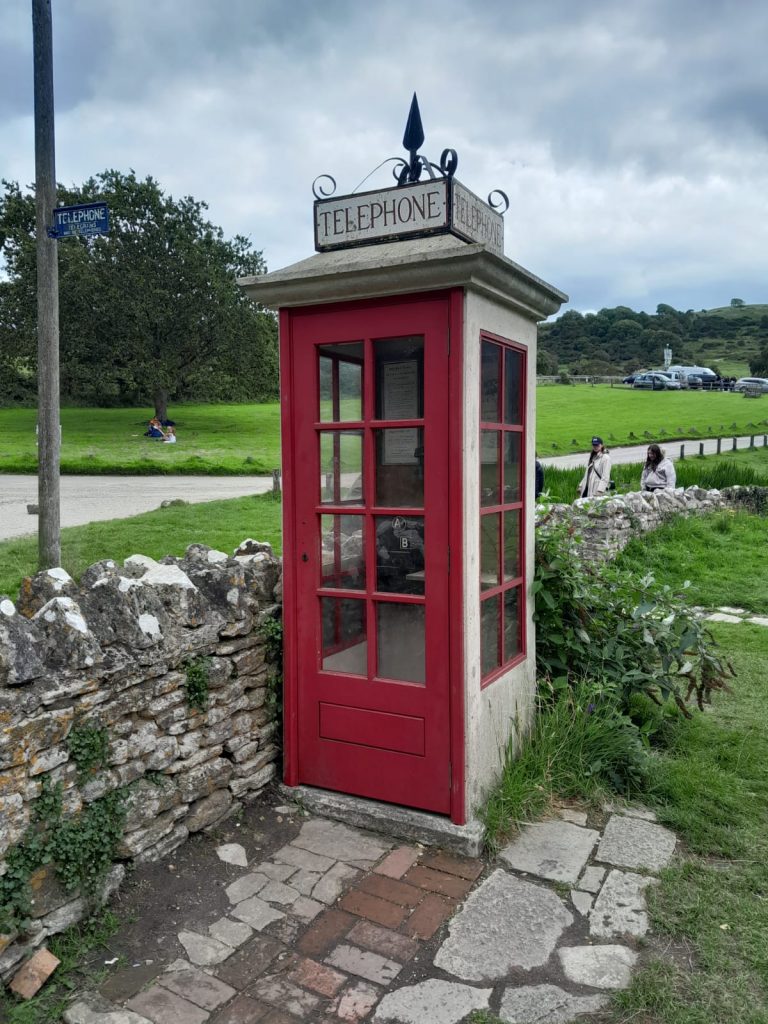
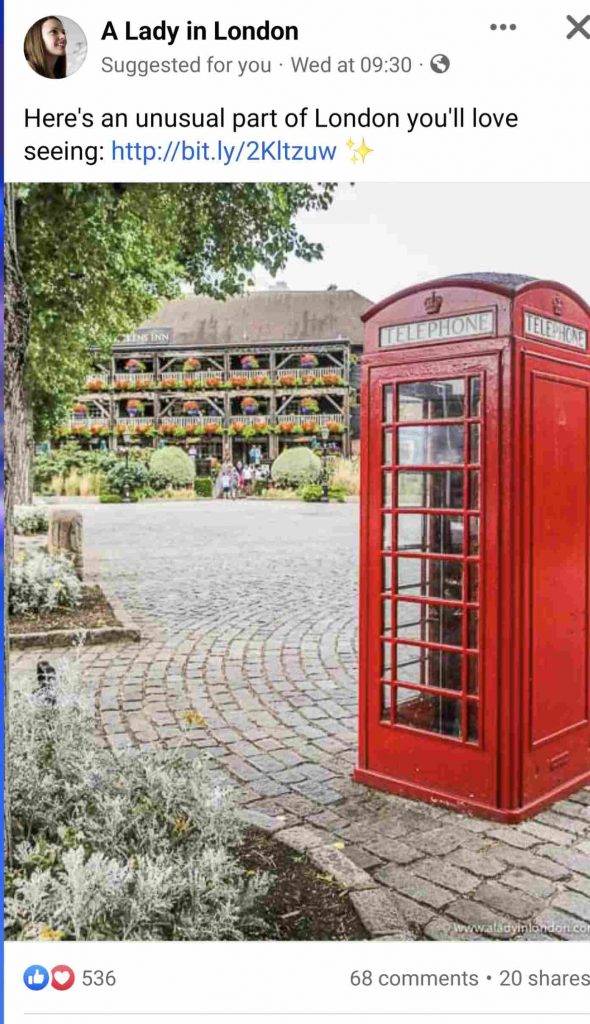
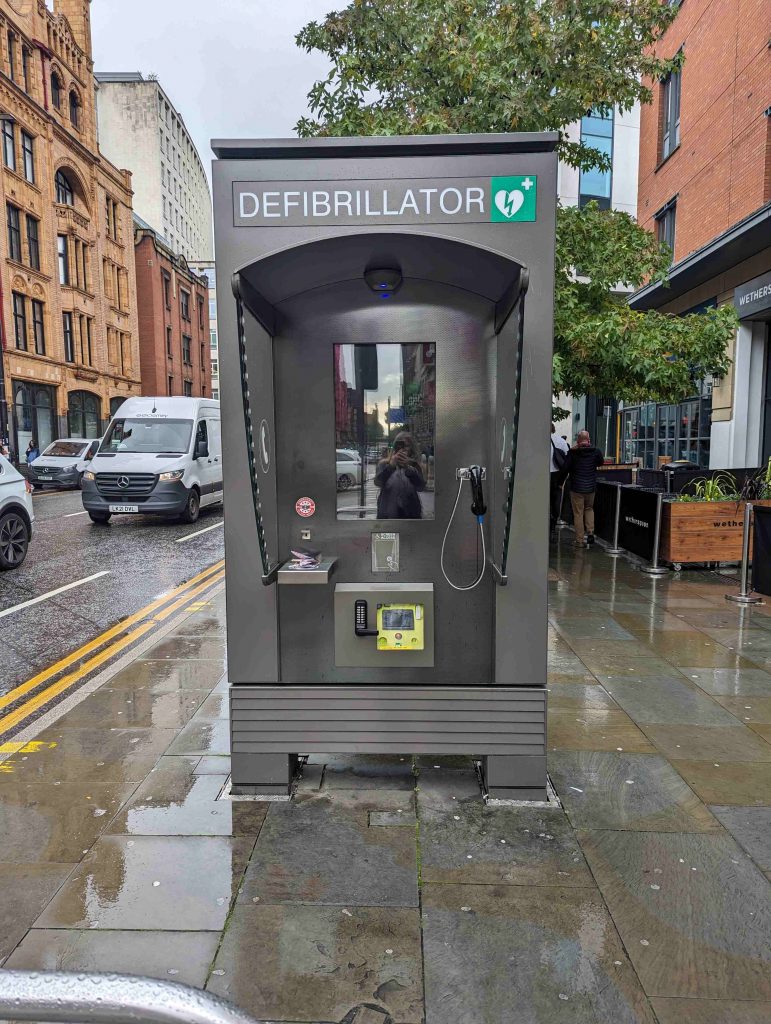
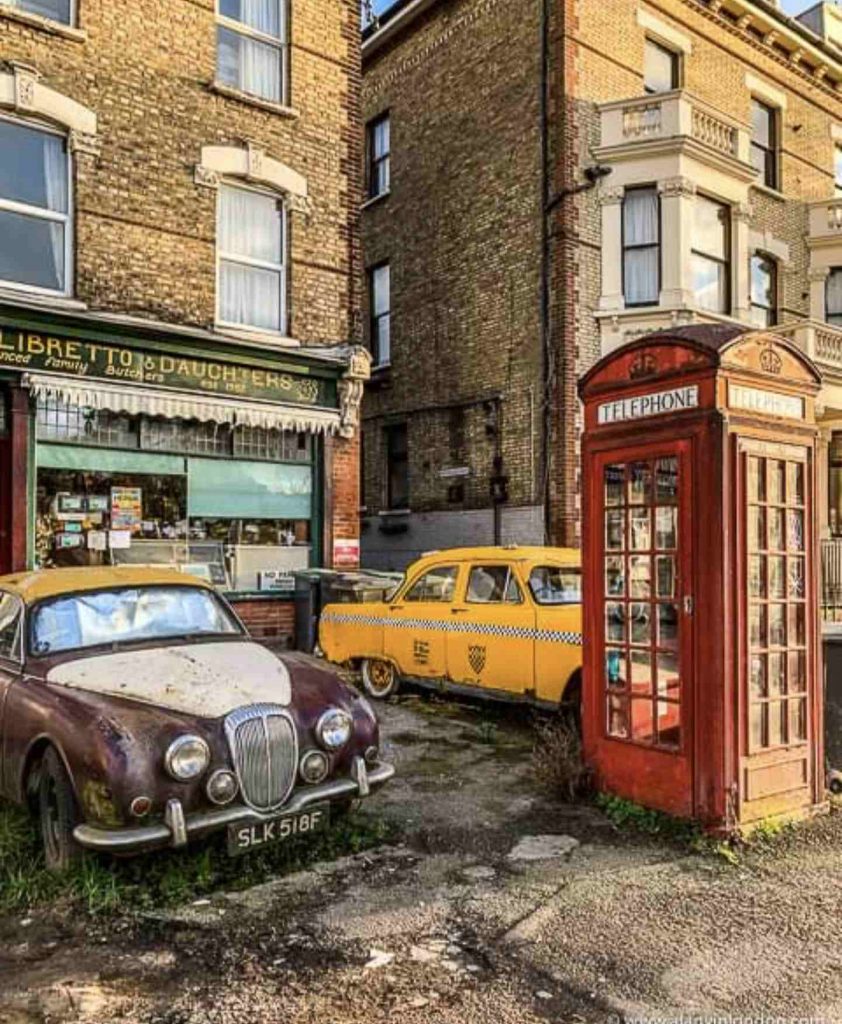
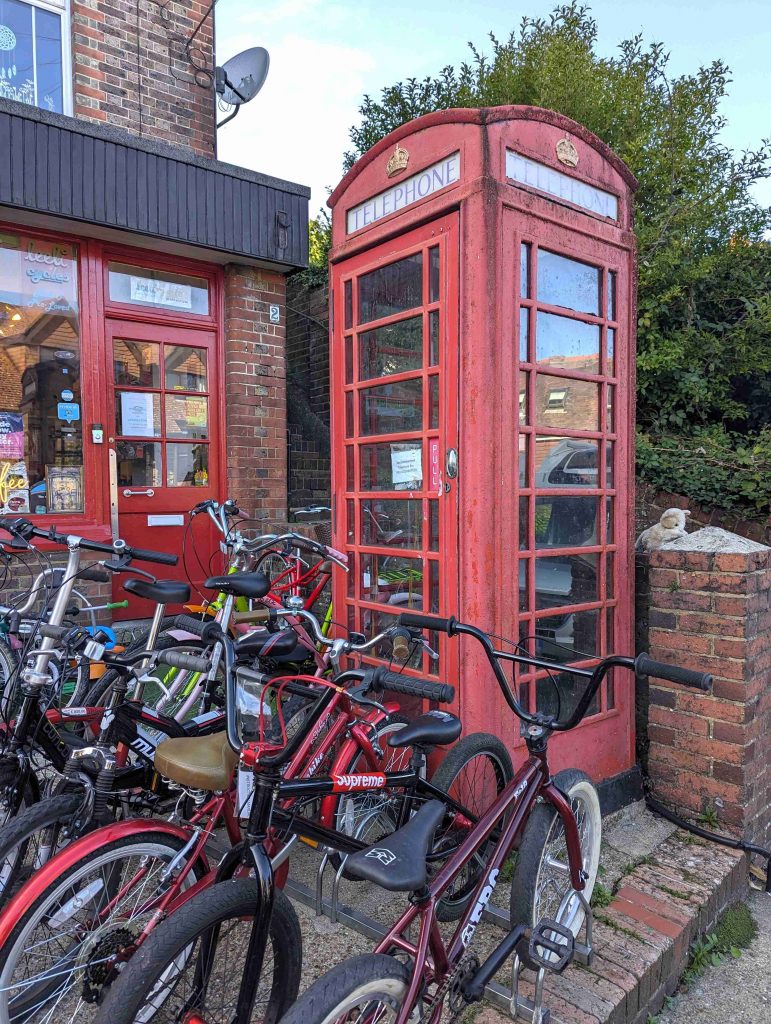
The Guardian has published an uplifting piece about tiny places and I’m glad to see a phone box has made the list. Click here for the full article.

When the local community association opened up the floor to buying and converting a Warley telephone box in 2016, artists Paul Czainski, 69, and his wife Chris (pictured) suggested turning it into a museum. “Once we’d put our hands up, it was our responsibility,” says Paul, who has turned the back wall into a local history display, made a mosaic floor of broken bits dug up from allotments and etched famous Yorkshire images into its glass panels. Displays change every three months and have included “the world’s smallest art exhibition” – teeny works by 40 artists – and collections of beer bottle tops and fossils.
It’s free to enter and accommodates two at a time, though displays are visible from outside. Upkeep is a cinch as Paul and Chris live across the road. “The charm is people can walk past without realising, then be drawn back for a closer look. We love to see their reactions. It’s only little, but it’s very important.”
Canterbury: The odd thing about these boxes is that they were both padlocked.
This image from Have I Got News For You.
Comments Off on Coronation celebrations
Posted in Geography
Tagged heritage and history, rural, UK, urban
Yes more phone boxes on tv. This first one is America’s Game…The Wheel of Fortune. We’ve just started watching this and there was no explanation of the set. I’m not sure if it’s a regular thing but on this episode they appear to being trying to set an English scene. There is naturally a phone box but what’s this about the word ‘Metro’ being imposed on an Underground logo? A little reserach on the topic wouldn’t go amiss 🙂




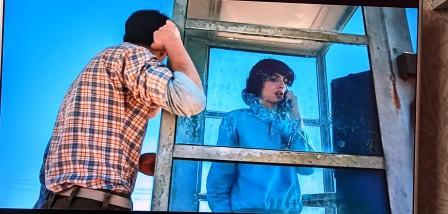





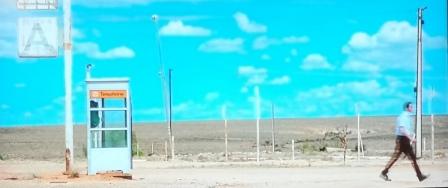
BT to be banned from scrapping payphones in areas with poor mobile coverage or high accident rates
Cross-post from The Guardian
About 5,000 public phone boxes around the UK will be protected from closure in areas of high accident rates or poor mobile signals, under plans drawn up by Ofcom, the regulator.
The communications watchdog said it would ban BT from scrapping payphones in areas where they were still needed, namely locations with poor mobile coverage, high accident or suicide rates, or higher-than-average use. There are about 21,000 call boxes across the country.
For several years, BT has been decommissioning payphones that are deemed to be no longer needed. Phone box use has plummeted as 96% of UK adults own a mobile phone. However, local organisations can buy a red phone box for £1 and use it for something else. More than 6,000 have been converted to other uses, such as community libraries, or to house public defibrillators.
Ofcom said it had received a call on Tuesday from a mountain rescue team in the Lake District that was keen for its local phone box, earmarked for closure by BT, to be saved.
Selina Chadha, the Ofcom director of connectivity, said: “Some of the call boxes we plan to protect are used to make relatively low numbers of calls. But if one of those calls is from a distressed child, an accident victim or someone contemplating suicide, that public phone line can be a lifeline at a time of great need.
“We also want to make sure that people without mobile coverage, often in rural areas, can still make calls. At the same time, we’re planning to support the rollout of new phone boxes with free wifi and charging.”
About 5m calls were made from phone boxes in the year to May 2020, including almost 150,000 to emergency services, while 25,000 were made to ChildLine and 20,000 to Samaritans. However, call volumes from payphones have fallen from about 800m minutes in 2002 to 7m in 2020.
Under the plans, BT and Kcom, which operates Hull’s unique cream phone boxes, must install batteries in some payphones so they can be used during a power cut.
A BT spokesperson said: “BT takes its regulatory obligations seriously in providing a public phone box service. Any phone box removals are carried out in strict adherence to Ofcom guidelines and, where appropriate, with the consent of local authorities.
“We also know many communities love their red kiosks and, to date, more than 6,500 have been adopted across the UK via our continuing Adopt a Kiosk scheme – turning them into lifesaving defibrillator units, mini libraries, and many other new uses. BT looks forward to working constructively with Ofcom throughout the consultation process to ensure the universal service obligation meets the needs of the public today.”https://www.theguardian.com/email/form/plaintone/business-todaySign up to the daily Business Today email or follow Guardian Business on Twitter at @BusinessDesk
Under Ofcom’s stronger rules, a phone box will be protected from removal if one of four criteria apply: its location is not covered by all four main mobile networks; it is located at an accident or suicide hotspot; more than 52 calls have been made from it over the past 12 months; or exceptional circumstances mean there is a need for a public call box.
Ofcom said BT and Kcom could propose to remove phone boxes that did not fall within these criteria, but would need to formally consult local communities before any action was taken.
Julia KolleweTue 9 Nov 2021
Not sure how we missed this Christmas episode…
